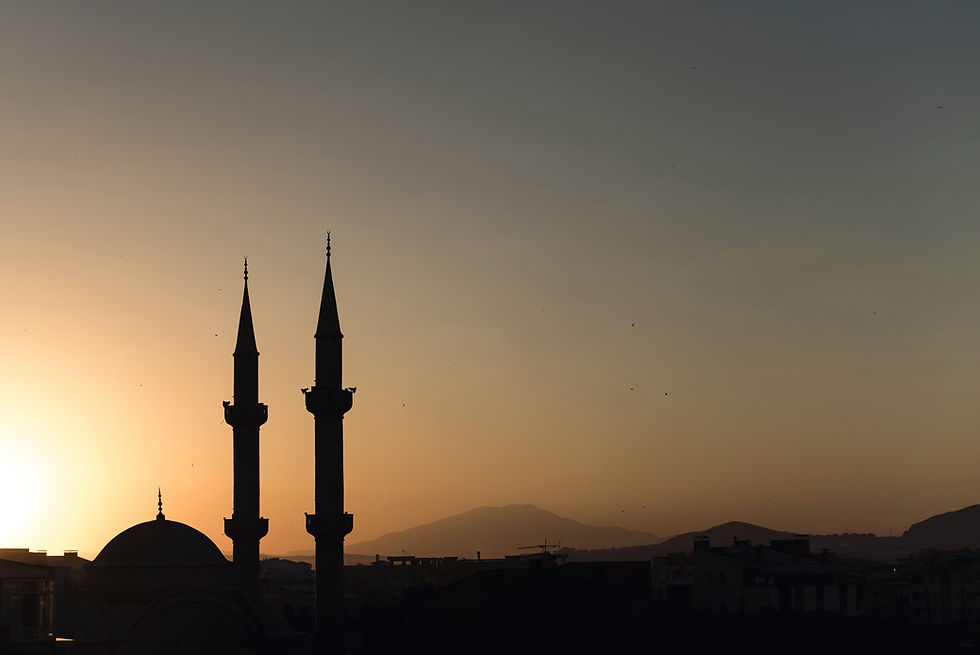Navigating Rumors: Understanding the Mindanao Separation Speculation in the Philippines
- JESON CABILIC
- Feb 11, 2024
- 2 min read
In recent weeks, the Philippines has found itself amidst a sea of speculation and rumours surrounding the initiation of the separation of Mindanao as an independent state. This unverified information has caused a stir, raising concerns and questions about the unity of the nation. It is crucial to approach such rumours with a discerning eye, separating fact from fiction and understanding the complex dynamics that shape the political landscape of the Philippines.
The Rumor Mill:
Rumours regarding the separation of Mindanao from the Philippines have circulated through various social media platforms and informal channels. Claims of an imminent declaration of independence for Mindanao have sparked discussions, concerns, and even fears among the public. It is important to note that these rumours lack official validation, and as of now, there is no concrete evidence supporting the idea that Mindanao is on the verge of becoming a separate state.
Historical Context:
Mindanao, the second-largest island in the Philippines, has a rich tapestry of cultural and ethnic diversity. It has, at times, been a region of contention due to historical issues related to autonomy, resource distribution, and religious differences. The prospect of Mindanao seeking independence is not entirely new, as the island has been a focal point of discussions regarding autonomy and self-governance.
Government Response:
The Philippine government has swiftly responded to dispel these rumours, emphasizing its commitment to national unity and integrity. Officials have urged the public to remain vigilant against the spread of misinformation and to rely on official channels for accurate updates. The Department of National Defense and the Armed Forces of the Philippines have also assured the public that there is no basis for the separation claims and that the country remains united.
Regional Autonomy Efforts:
It is essential to acknowledge that Mindanao has experienced calls for increased autonomy in the past. The creation of the Autonomous Region in Muslim Mindanao (ARMM) in 1989 was a significant step toward addressing the unique needs of the region's Muslim population. In 2019, the Bangsamoro Autonomous Region in Muslim Mindanao (BARMM) was established, replacing the ARMM and granting greater autonomy to the region. These developments highlight the ongoing efforts to address historical grievances and foster greater inclusivity and self-governance.
Media Literacy and Responsible Reporting:
The Mindanao separation rumours underscore the importance of media literacy and responsible reporting. In an age where information spreads rapidly through various channels, individuals must critically evaluate sources, cross-reference information, and rely on verified news outlets to obtain accurate and trustworthy information.
While rumours of Mindanao's separation have generated uncertainty and concern, it is crucial to approach such claims with a discerning and informed perspective. As the government reaffirms its commitment to national unity and the autonomy efforts in Mindanao continue, the public needs to stay informed through official channels and exercise caution against the spread of unverified information. In the face of rumours, the strength of the Philippines lies in its collective commitment to dialogue, understanding, and the pursuit of a united and inclusive nation.




Comments